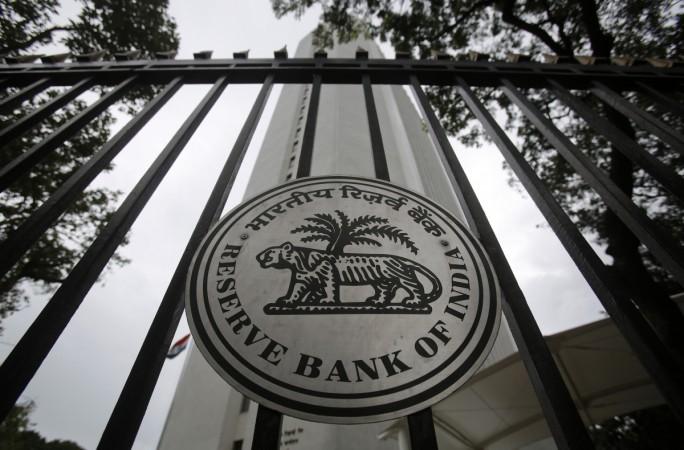
Indian companies, both listed and unlisted, raised about $4.27 billion in foreign currency loans in the first three months of calendar year 2016. The funds were meant for a range of objectives including modernisation, repayment of old loans, new projects and general corporate purposes, according to Reserve Bank of India (RBI) data.
Indian companies are allowed to raise foreign funds under two routes – approval and automatic.
Under the automatic route, prior approval of the RBI is not required while those falling under the approval category are considered on a case-by-case basis by the apex bank.
The amount raised under the automatic route was $3.73 billion, while funds raised on approval basis stood at $535 million, during the January to March quarter.
Prominent borrowers during the three-month period included Air India Limited, Adani Ports and Special Economic Zone Ltd., Biocon Limited, Cadila Healthcare Limited, Chambal Fertilisers and Chemicals Ltd., Tata Steel Limited, Renault India Private Limited and Bharat Petroleum Corporation Limited.
The borrowings, also referred to as external commercial borrowings (ECBs), are in the form of bank loans, buyers' credit, suppliers' credit, foreign currency convertible bonds (FCCBs), financial lease and Foreign Currency Exchangeable Bonds (FCEBs), according to the central bank.
Entities are grouped under three categories to determine eligibility for raising funds via ECBs.
In November 2015, the RBI issued the individual limits of ECBs that can be raised under the automatic route by eligible companies per financial year for all the three categories:
- Up to $ 750 million or equivalent for the companies in infrastructure and manufacturing sectors
- Up to $200 million or equivalent for companies in software development sector
- Up to $100 million or equivalent for entities engaged in micro finance activities
- Up to $500 million or equivalent for remaining entities.
The primary responsibility of ensuring compliance with the applicable guidelines is that of the borrowers and "any contravention of the applicable provisions of ECB guidelines will invite penal action under the Foreign Exchange Management Act 1999 (FEMA)," according to the RBI.














